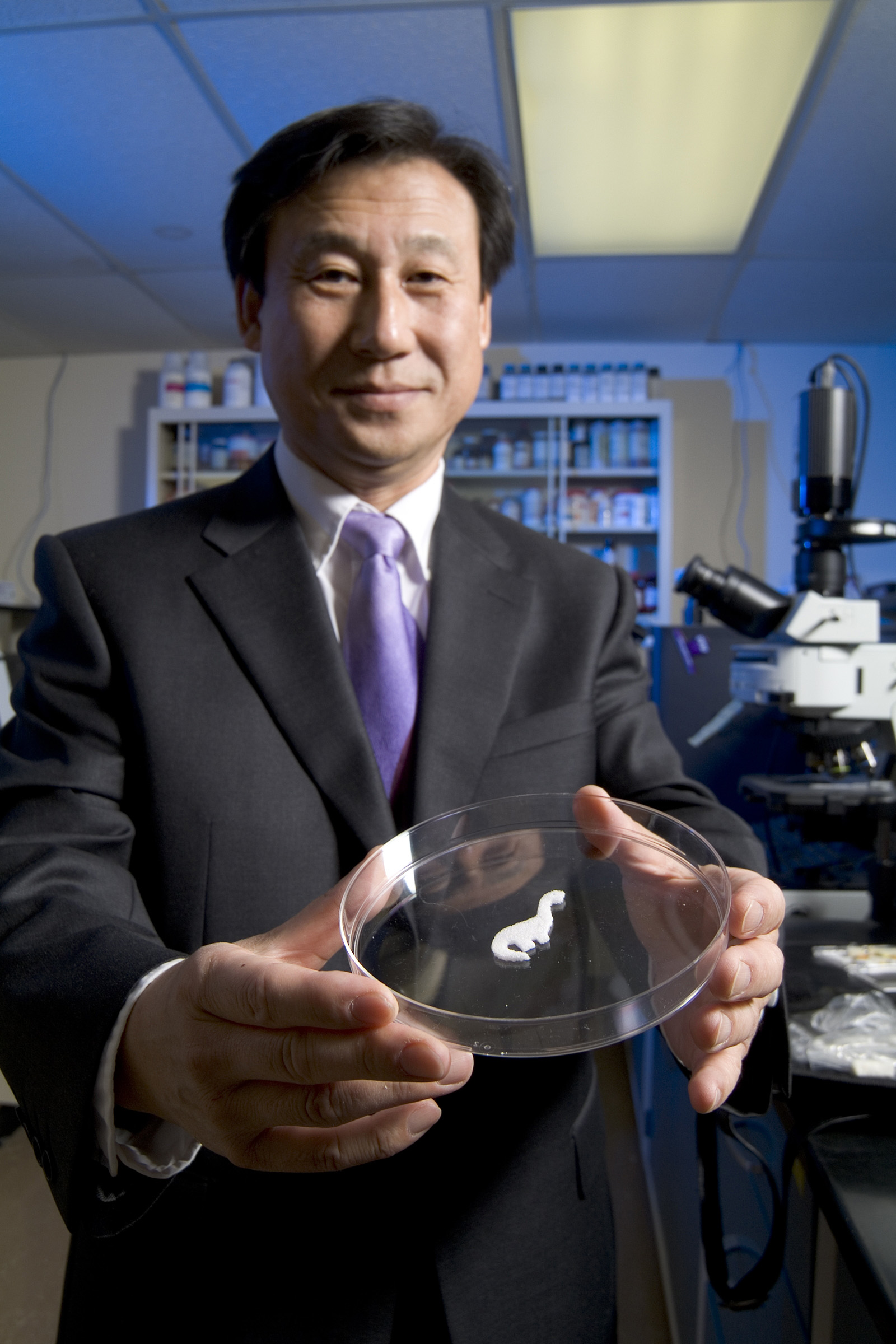Faculty Profile: Kinam Park

"Believe in yourself and forgive yourself for whatever you have done. You are the most important scientist in the world, and you are always perfect." --Kinam Park, Showalter Distinguished Professor of Bioengineering and Professor of Pharmaceutics
What sparked your interest in science in general and drug delivery in particular?
I chose science when I saw Neil Armstrong (a Purdue graduate!) was able to land on the moon because of science and technology. After serving in the Korean army as a lieutenant I was attending a graduate school in Seoul National University. Professor Sung Wan Kim at University of Utah visited our school to present his work on controlled drug delivery, and I was fascinated by the new controlled release technologies he introduced. The drug delivery technologies using various polymers attracted me a lot. Since then, Professor Kim has been my role model through my entire career.
Share a turning point or defining moment you experienced in your work as a scientist.
I have been enjoying what I do in research, teaching, and service. But several years ago, I realized that I really did not know as much as I thought on the research topic I had been working on for more than a decade. I was emotionally tied to my research projects and technologies I was developing (who wouldn’t?), and that had prevented me from evaluating them objectively. Only after I was able to question my own work, I could see things more clearly. It was a liberating moment, and I hope that young scientists can have such a moment as early as possible in their career.
Tell us about the exciting ways in which your particular field is progressing.
The drug delivery field is progressing very fast at a breath-taking pace by young scientists with new ideas. The new generation of scientists are not afraid of doing something bold and are able to connect the dots to make new discoveries. They are the ones who will lead the future of the drug delivery field, and I am so excited by their enthusiasm and their passionately curious minds. I only hope that fast progress is made not only in a few popular research topics, but in extremely diverse research areas.
What is the best piece of professional advice you have received and from whom?
Professor Joseph Robinson, my supervisor when I was a graduate student, frequently told me, “Use your brain, not your hands”. When I worked as a postdoc in Professor Stuart Cooper’s laboratory, he said, “Sometimes you just have to sit back and let students take time”. Professor Allan Hoffman told me, “You did what you could do, and that is enough”.
Would you change anything about your career path if you could start over?
I will choose the same career path and do what I have done, but with a much bigger and wilder dream. Think what the future will look like 20-40 years from now. Your dream should be made based on the future, not now. Your dream will come true, and you might as well have a dream that you cannot even imagine today.
What advice would you give to someone who is starting their scientific career?
Believe in yourself and forgive yourself for whatever you have done. You are the most important scientist in the world and you are always perfect. Do what you want to do, not what others expect you to do. You are unique, and so is what you do.
What do you enjoy doing outside of the lab? What are your hobbies/interests?
I was once addicted to playing golf, and equipped myself with a new set of golf clubs every year, hoping that would improve my game accordingly. It did not happen, but I enjoyed the game a lot. Nowadays, I enjoy reading books (actually, listening to audio books while I am walking my dog) on various topics, but mostly non-fiction books.
Source: Luminary Interview with Kinam Park. Controlled Release Society
